“If nothing changes, nothing changes.”
If you’re reading this, chances are you’ve been showing up. You’ve been doing the workouts. You’re trying to eat right. You’re staying consistent.
But despite all that effort…
💬 Your body still feels the same.
💬 The mirror isn’t reflecting the work you’ve put in.
💬 The scale isn’t budging—or worse, it’s moving the wrong way.
So what gives?
The answer usually isn’t more discipline, more cardio, or fewer carbs.
It’s this: you’re working hard—but not working progressively.
Why Your Body Isn’t Changing (Even If You’re Exercising)
Here’s something most people don’t realize:
Your body doesn’t transform just because you move it.
It transforms because you give it a reason to adapt.
That reason? It’s called progressive overload.
Progressive overload is the single most important principle in body transformation. Whether you’re trying to build muscle, get leaner, or get stronger—it’s how real, visible progress happens.
What Is Progressive Overload?
It’s the practice of gradually increasing the challenge you place on your body.
Not every session has to be a personal best—but something needs to improve over time.
Here’s what progressive overload can look like in real life:
-
✅ Add 1–5 lbs to a lift you’ve been doing
-
✅ Do 1–2 more reps than last time
-
✅ Slow down your tempo to create more time under tension
-
✅ Improve your form and range of motion
-
✅ Shorten your rest periods slightly
-
✅ Add another round or set to your workout
These may seem like small changes…
But small progress stacks fast.
Are You Just Working Out—or Building Something?
If you’re doing the same weights, reps, and routine week after week…
Your body has no reason to change.
It’s like practicing the same piano song over and over—you won’t get worse, but you won’t get better either.
🧠 Progress doesn’t come from movement—it comes from challenge.
So here’s your action step:
Start tracking. Start pushing.
Even if it’s just a little.
Over time, those small improvements create something real. Something visible. Something you can feel.
Final Thoughts
You don’t need to be perfect.
You don’t need to crush every workout.
But if you’re not trying to improve something—even just a rep, a pound, or a second—you’re not building.
You’re just maintaining.
And that’s fine… if maintenance is your goal.
But if you want change?
Make change.
– Christian Davis


